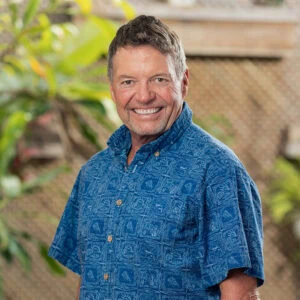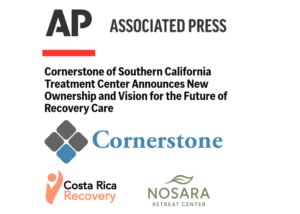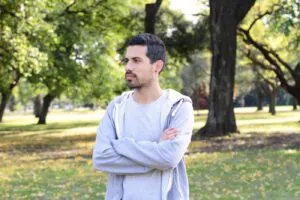While addiction and substance use are common all over the world, many countries still have a lot of misconceptions and stigma attached to substance use disorder (SUD). This is true in Mexico as well as other Latin American countries, where addiction is sometimes misunderstood or treated as a moral failing.
Substance Use Disorders in Mexico and Latin America
Mexico has experienced notable trends in substance use and addiction. Between 2002 and 2011, the annual rate of illicit drug use in Mexico increased by 87%. This surge underscores the growing challenge of substance use within the country. In 2017, the National Commissioner Against Addictions, Manuel Mondragón y Kalb said that 880,800 Mexican adolescents have used illegal drugs, a 125% increase over the 395,000 adolescents since 2011.
While fentanyl use has increased exponentially in the United States, Mexican drug users’ drug of choice tends to be methamphetamine. This trend has led to a public health crisis, with increasing numbers of people seeking treatment for methamphetamine addiction, including minors. There are also increasing numbers of opioid users who tend to use the same drugs, such as fentanyl, trafficked to America.
People in Latin American countries with substance use issues are affected by a mix of cultural, economic, and political factors. Many countries in the region struggle with high levels of drug trafficking and violence. Living with trauma, such as that caused by the drug wars, exacerbates substance abuse problems. People with PTSD often self-medicate to cope with symptoms. Many people are very religious and see addiction and drug use as moral failings. Despite a growing recognition of addiction as a public health issue, stigma remains a major barrier to seeking help. Mental health issues are also quite misunderstood as well.
Addition and Mental Health Stigma in Latin American Countries
In Latin American countries, people still face stigma and difficulties accessing healthcare for substance use disorders. While addiction is increasingly recognized as a public health issue, treatment and care are often difficult to access. Mexico, for example, has made strides in acknowledging addiction as a chronic disease rather than a moral failing.
Government efforts to spread awareness have included the National Program for Prevention and Attention to Addictions (PRONAPRED). This campaign focused on both prevention and treatment, offering resources like counseling and rehabilitation services. Access to these programs remains limited, particularly in rural areas. Unfortunately, it’s usually in these areas where addiction is still heavily stigmatized. It is often seen as a moral failing or character flaw not to be talked about.
Addiction and mental health treatment options are often limited in rural areas, and there is a shortage of mental health professionals. Many Mexicans still turn to traditional medicine or family-based solutions instead of professional mental health care, further delaying treatment. Mental health conditions like depression and anxiety are often underreported and untreated, exacerbating the burden on those affected.
In countries like Colombia, drug addiction treatment is limited, so there is a focus on harm reduction programs. Volunteers have run a needle exchange program and provided community-based care in Cali, the country’s third-largest city, since 2014. The programs aim to reduce the health risks associated with substance use.
Despite these advances, Latin America faces significant challenges, including underfunded treatment programs and a lack of trained professionals. For those who are lucky and able, access to treatment is limited. Many people rely on their peers in 12-step programs to help them get sober.
Spreading Recovery, Awareness, and Hope
The stigma surrounding addiction remains a major barrier to treatment across Latin America, including in Mexico and Colombia. Yet, it is needed now more than ever. SUD is a widespread issue in Latin America, affecting people from all backgrounds. While you can walk into a 12-step meeting pretty much anywhere in the world and find shining examples of life in recovery, finding help to begin that journey should not be so difficult. People who need medical help deserve to get it.
Costa Rica Recovery offers a 50% discount on treatment for Costa Rican residents, making high-quality addiction treatment more affordable and encouraging locals to seek help. By making treatment more accessible, we are working to combat the perception that addiction is a moral failing rather than a medical condition. The hope is that our clients can become examples for others in the community, offering their experience and hope to newcomers and other clients.
Similar approaches in Mexico and other Latin American countries can improve mental health outcomes by nurturing a culture of support rather than punishment for those struggling with addiction.
Reducing the stigma surrounding addiction in Latin America requires a combination of public awareness campaigns, policy changes, and increased funding for mental health services.













